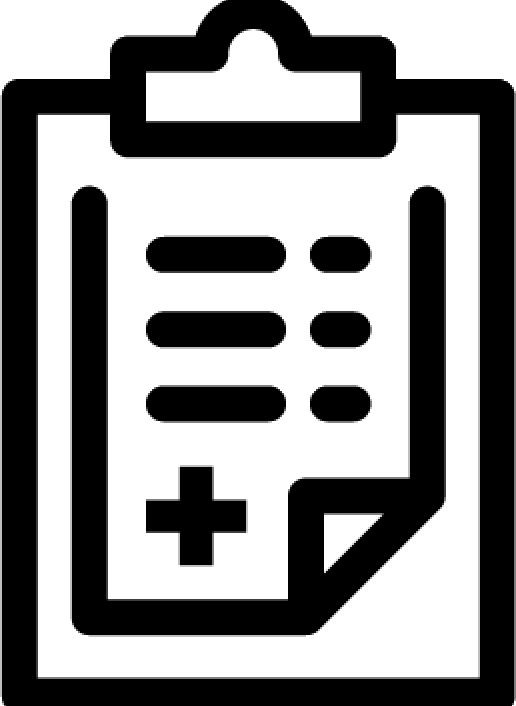Cancers that have an unusually high number of genetic mutations are referred to as hypermutant. Hypermutant tumors occur in around 5% of cases and can arise in any type of cancer from any organ. These cancers are extremely aggressive. They usually do not respond to currently available therapies, such as chemotherapy and radiation. This is problematic for the treating team and more importantly the patient.
Our team has discovered that hypermutant cancers in children are often caused by inherited mistakes in the genes responsible for repairing errors that may arise in a cell’s DNA as it divides and the DNA is replicated. Hypermutation can also be exacerbated or caused by previous chemotherapy. We were the first to demonstrate that children with hypermutant cancers respond to a particular type of immunotherapy called immune checkpoint inhibition. More importantly, we were able to observe long-term survivorship and improvement in the quality of life. In the last 3 years, we have created mouse models of hypermutant cancers that develop cancers that are similar to the human condition. We are using these models to look for combinations of treatment to test before giving to patients, and through these efforts, we have already established the first international clinical trial for children with hypermutant cancers. In this project, we will work towards two groundbreaking initiatives in the advancement of childhood hypermutant cancer treatment:
1) test new promising drug candidates in combination with immunotherapy on these mouse models and patient derived cell lines and
2) establish the first clinical trial using combination therapy through the new childhood cancer immunotherapy network (PED-CITN).
For the first time, these initiatives will offer a possible cure for children with hypermutant cancers. Through rigorous preclinical testing, we will be able to inform the next clinical trials. Through this iterative process, we will identify the right therapy for the right patient. Not all children will respond to the same therapies, but through these initiatives we will be able to find the right therapies for the right children until all children with hypermutant cancers have a chance at a childhood.



